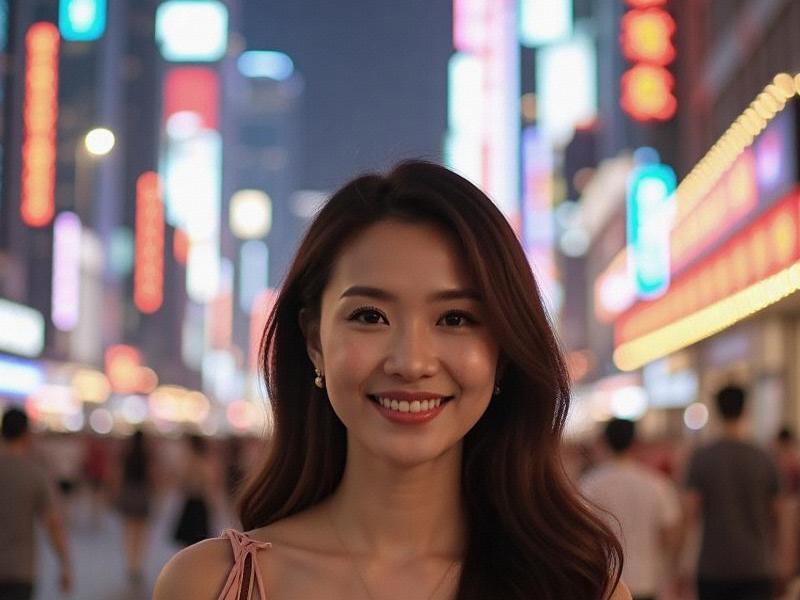This in-depth report explores how Shanghai's entertainment clubs have evolved into sophisticated cultural hubs that blend Chinese traditions with cutting-edge technology.

Shanghai's entertainment club industry has undergone a remarkable transformation in the post-pandemic era, emerging as a global benchmark for innovative nightlife experiences. The city now boasts over 2,100 licensed entertainment venues, generating an estimated ¥108.7 billion in annual revenue according to 2024 municipal tourism data.
The modern Shanghai club experience represents a fascinating cultural synthesis. At venues like "Cloud Nine" in Pudong, guests can experience:
• AI-powered mixologists creating customized cocktails based on biometric readings
• Holographic performances blending Peking opera with electronic dance music
• Smart rooms that automatically adjust lighting and acoustics based on occupant mood
• Digital concierge services available in 12 languages
This evolution stems from three key developments:
1) The Shanghai Municipal Government's "Night Economy 3.0" initiative (2023-2025) has invested ¥2.4 billion in:
- Smart venue certification programs
- Cultural heritage preservation grants
- Sustainable operation subsidies
上海贵族宝贝自荐419 2) Technological partnerships with Alibaba Cloud and Tencent have enabled:
- Facial recognition membership systems
- AR-enhanced entertainment experiences
- Blockchain-based loyalty programs
3) Cross-industry collaborations with:
- Shanghai Conservatory of Music (live performances)
- Donghua University (interior design innovations)
- SMG Media Group (content creation)
Cultural preservation plays a surprising role in Shanghai's club renaissance. The recently opened "Memory of Shanghai" club in Huangpu District features:
• Recreated 1930s jazz club interiors using historical blueprints
• Interactive exhibits on Shanghai's entertainment history
上海花千坊419 • Modern interpretations of classic Shanghainese cocktails
• Weekly lectures on urban cultural heritage
The business model has similarly evolved. Premium clubs like "Celestial Empire" now operate as:
• Daytime co-working spaces (9:00-18:00)
• Evening entertainment venues (19:00-2:00)
• Early morning wellness centers (3:00-6:00)
This "24-hour lifestyle ecosystem" approach has increased venue utilization rates from 35% to 78%.
Safety and compliance standards have set new industry benchmarks. All Category-A venues now feature:
• Real-time air quality monitoring systems
• Emergency medical response stations
上海龙凤阿拉后花园 • AI-powered security screening
• Designated driver partnerships with DiDi
Sustainability initiatives have transformed operations:
• 62% of venues now use solar-hybrid power systems
• 89% have implemented zero-waste beverage programs
• 45% feature kinetic energy harvesting dance floors
• 100% of major clubs participate in glass recycling programs
"Shanghai's clubs aren't just places to drink anymore," observes nightlife analyst Zhang Wei. "They've become multidimensional cultural platforms that showcase Chinese creativity to the world while preserving our urban heritage."
As Shanghai positions itself as a global capital of sophisticated entertainment, its clubs serve as both playgrounds and prototypes - demonstrating how technology can enhance rather than replace human connection and cultural expression.